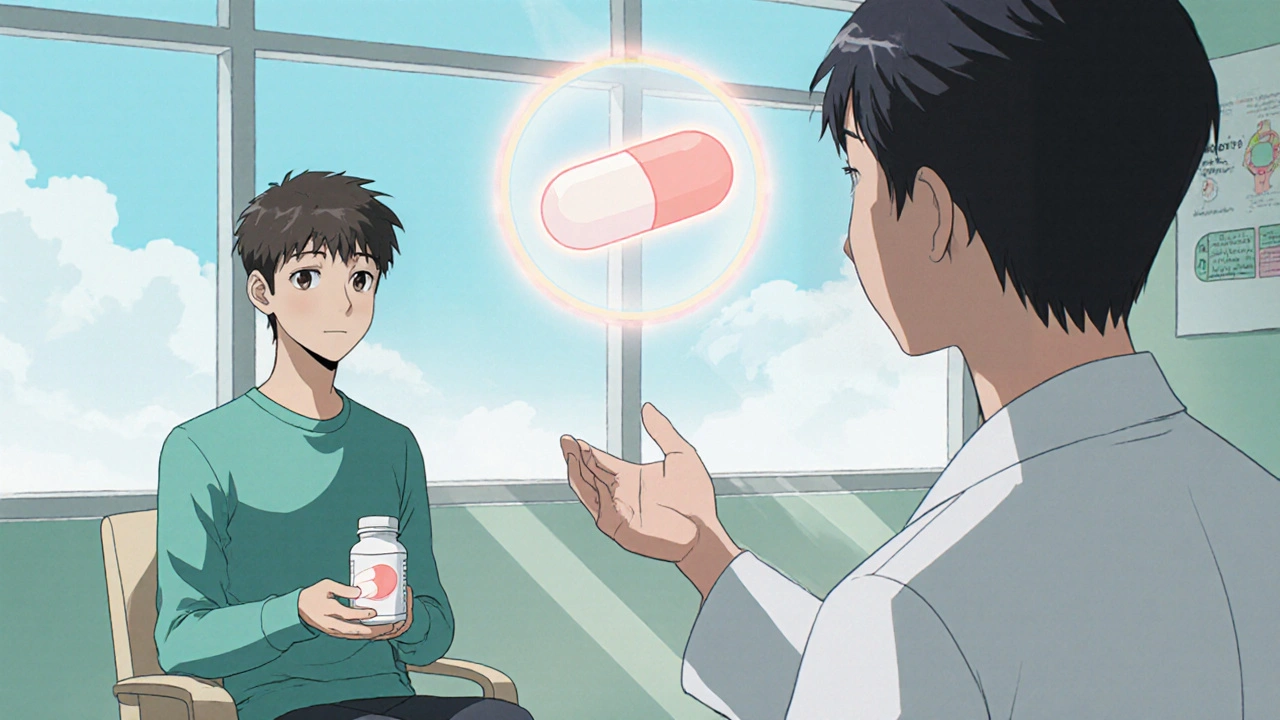Cancer Chemotherapy: What It Is, How It Works, and What You Need to Know
When you hear cancer chemotherapy, a medical treatment that uses drugs to kill fast-growing cancer cells. Also known as chemo, it’s one of the most common ways doctors fight cancer—often used alone or with surgery and radiation. It’s not magic, but it’s science that’s saved millions of lives. The goal isn’t always to cure—it can also be to shrink tumors, slow growth, or ease symptoms so you can live better for longer.
Cancer chemotherapy isn’t one thing. It’s a whole family of drugs, each with different targets. Some attack DNA inside cancer cells. Others block hormones that feed tumors. Some stop blood vessels from forming around tumors. That’s why your doctor picks a mix—called a regimen—based on your cancer type, stage, and even your overall health. You might hear names like paclitaxel, doxorubicin, or cisplatin. These aren’t just chemicals; they’re tools chosen for your body’s specific battle.
It’s not all about killing cancer. Side effects matter. Nausea, fatigue, hair loss—these are real. But they’re not the same for everyone. Some people feel fine enough to keep working. Others need time off. Newer drugs and supportive care have made chemo more tolerable than it was 20 years ago. There are also chemotherapy side effects, the unwanted reactions caused by chemo drugs affecting healthy cells like low blood counts or nerve damage, and doctors now have better ways to manage them. You’re not just getting a drug—you’re getting a plan that includes anti-nausea meds, blood boosters, and advice on nutrition and rest.
And while chemo is powerful, it’s not the only option. Many people explore cancer treatment, the full range of medical approaches used to fight cancer, including targeted therapy, immunotherapy, and radiation options like immunotherapy or targeted drugs that lock onto specific cancer markers. These can be gentler and more precise. Sometimes they’re used after chemo. Other times, they replace it. The key is knowing what fits your cancer—and what fits your life.
What you’ll find below isn’t a textbook. It’s real advice from people who’ve walked this path. You’ll read about how to handle chemo fatigue, what to ask your oncologist before starting, how some supplements might interfere with treatment, and why timing matters more than you think. There are guides on managing nausea without pills, how to talk to kids about chemo, and what to do when your blood counts drop. These aren’t generic tips. They’re from posts written by patients, caregivers, and medical professionals who’ve seen what works—and what doesn’t.

Leukeran (Chlorambucil) vs. Common Chemotherapy Alternatives - Detailed Comparison
A practical side‑by‑side comparison of Leukeran (chlorambucil) and other chemo options, covering how they work, dosing, side‑effects and when to choose each.
